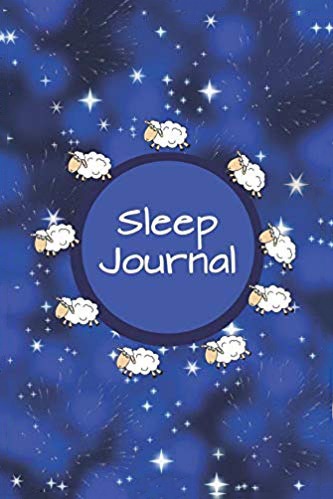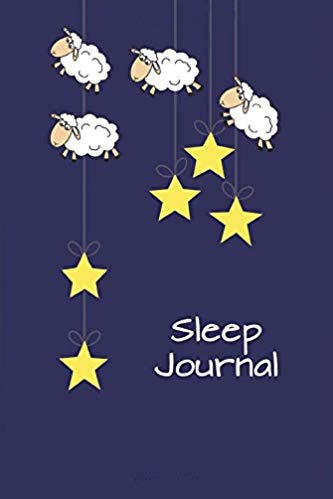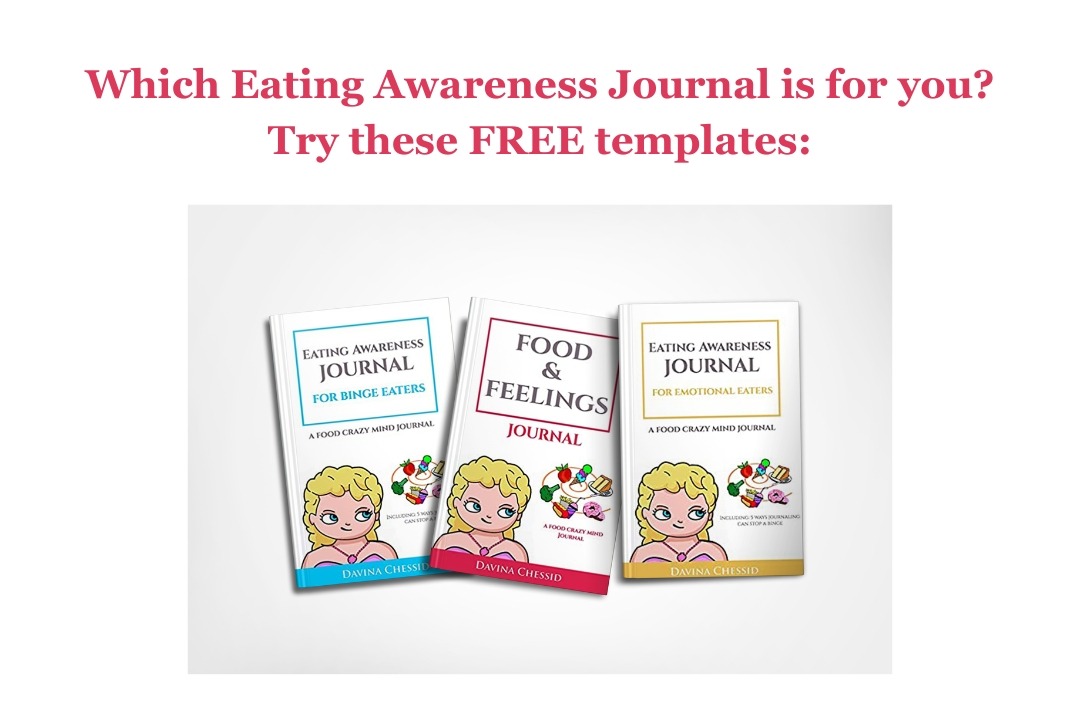Sleep Hygiene
After years of sleeping like a rock, I found myself consistently up at 1AM, 2AM, 3AM and beyond. I tried to catch up on my sleep in the morning, but it certainly wasn't an efficient way to get energizing and rejuvenating sleep.
Every night, I read, played mind games on Lumosity and sat wide-eyed, staring at a spot on the far wall any cat would tell you was a spider. These were anxious times.
I went for a sleep study and was told I had poor sleep hygiene. They advised me to track my habits so I could discover what was keeping me from getting the rest I needed.
When I told my friend Betty about the concept of sleep hygiene — defined by the American Sleep Association as “behaviors that one can do to help promote good sleep using behavioral interventions,” including a regular sleep time and a quite bedroom – she admitted that she too, was up into the early morning hours. Soon we found that poor sleep hygiene was a common problem among our friends.
We nicknamed ourselves the “dirty girls” and created a “Dirty Girl Club.” Our mission was to keep each other company (usually by phone or text) when we couldn’t get any shut eye. We even expanded our ranks to include several other rather exhausted ladies – all with an interest in cleaning up bedtime habits.
Good sleep is one of the most important gifts you can give yourself if you want to lose weight and gain health. It’s the body’s way of healing and restoring balance.
Just about all the experts I’ve come across, including the folks at the sleep lab, suggest starting with a record of your current behavior. As is often the case, awareness is key. If we know what keeps us awake, we can address it.
After monitoring my patterns for several weeks, I realized that for me, stress was the culprit. In the evening, my mind swims with thoughts and ideas, as well as anxieties and fears.
Below are a few tips I find helpful when it comes to calming my mind before bed. If stress is keeping you awake, try them out.
- Make a list of tasks for the next day, so you don’t get into bed and start worrying about which ones you’ll forget.
- Distract yourself with mental exercises like counting your breaths. I like the 4-7-8 technique: Inhale for 4 seconds, hold your breath for 7 seconds and exhale slowly for 8 seconds. Voila, you’re done. Just repeat a few more times until you begin to feel more relaxed.
- Try to recall happy times and memories from the past.
- Think about something enjoyable that happened during your day.
When I quiet my mind, I find it much easier to sleep. Pay attention to your sleeping habits and find out what’s keeping you awake at night.
To keep track of your sleeping patterns, try one of the journals below:


Or, or use a blank journal. Premise Content Journals has a huge selection of blank and guided journals to choose from.
I've also really enjoyed the Relaxation and Sleep tapes by Kelly Howell of Brain Sync Technology and the Healthful Sleep CD by Belaruth Naperstack. I know they are available as MP3s, as well. I still have an old-fashioned CD player (don't judge! 😉
Learn more about the connection between food and feelings in my book: Food Crazy Mind: 5 Steps to Stop Mindless Eating and Start a Happier, Healthier Relationship with Food



